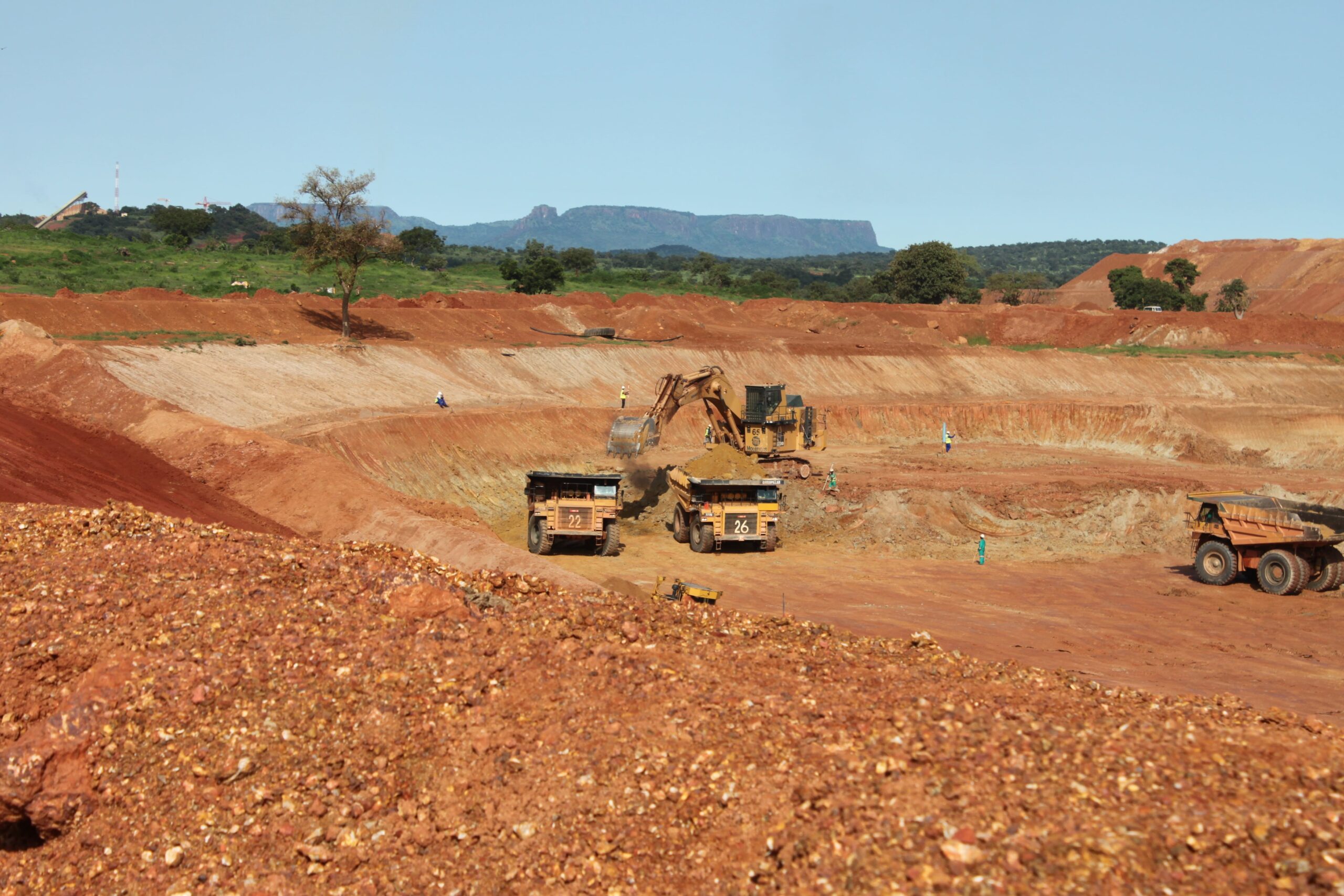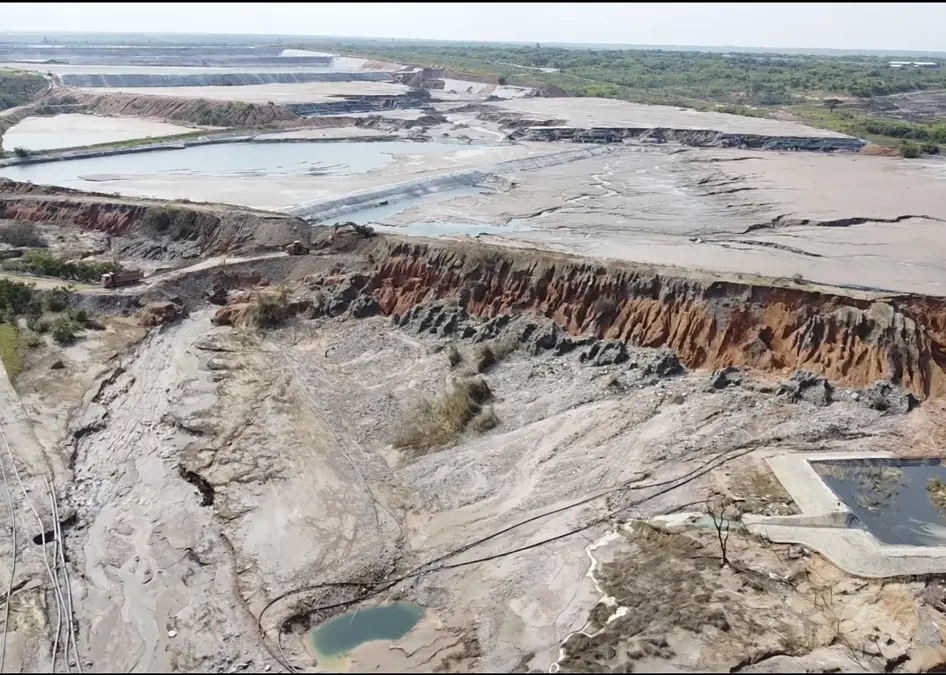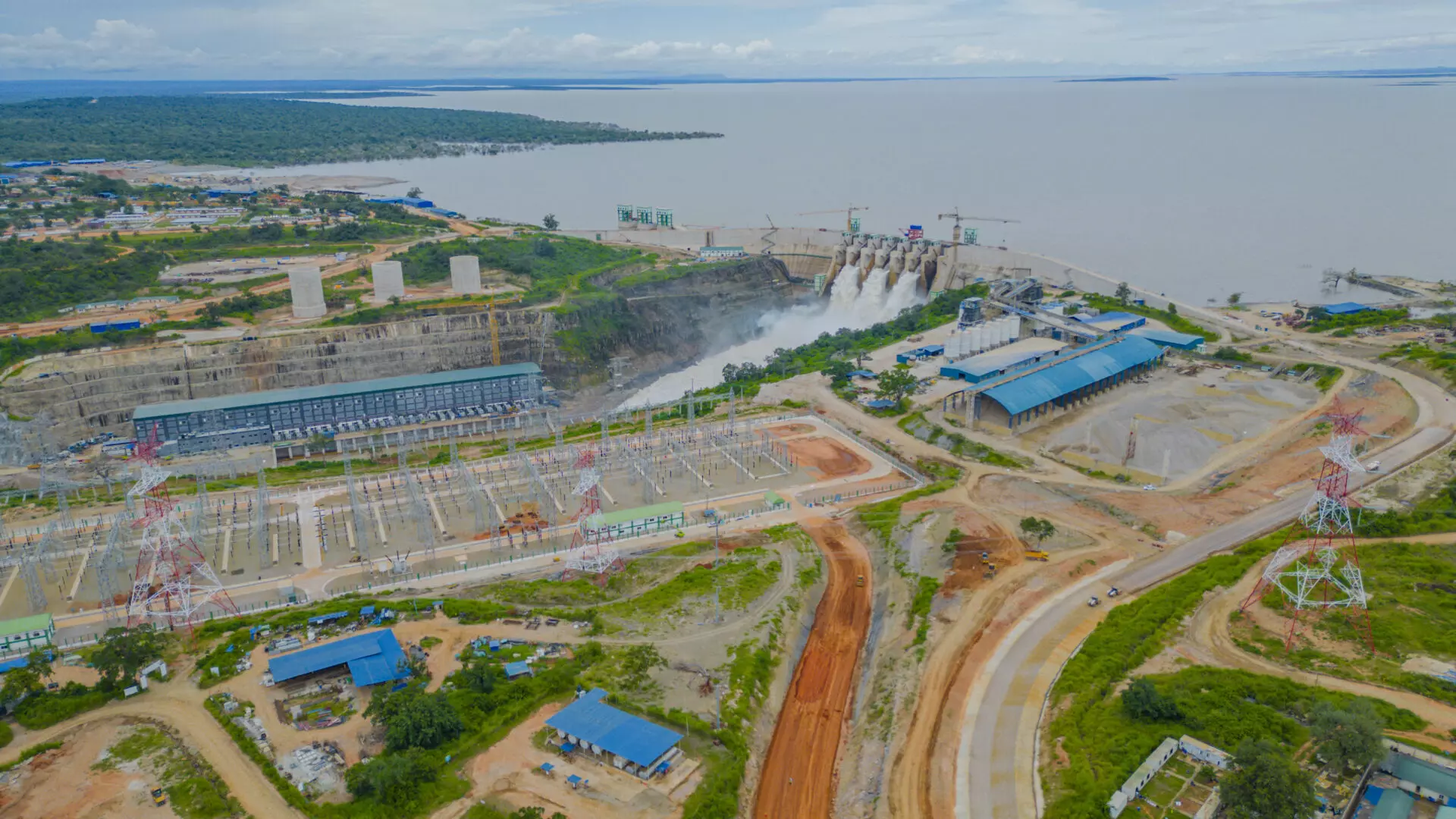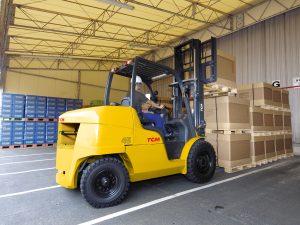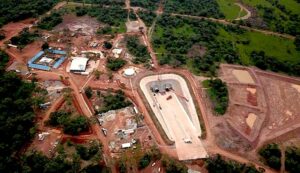Learning at the heart of charting mining’s future
Facing a raft of shifting expectations and operating conditions, mining today is having to balance its traditionally risk-averse culture with an openness to experimentation – and at times even learning from failure.
Mining’s core focus on safety means that every change in the way mines work has to be carefully assessed in terms of the uncertainty and unintended consequences it may bring to an established protocol or task. This is as it should be, as safety will always be a paramount concern, according to Andrew van Zyl, managing director of SRK Consulting South Africa.
“Our preoccupation with safety, though, should not be confused with an unwillingness to find innovative solutions,” said Van Zyl. “The sector has in fact made significant cultural and technological strides that embrace positive opportunities to evolve how we mine, and how we engage with broader society.”
Driven by learning
This could be further enhanced by a philosophy that explicitly values constant learning, and which builds the lessons learnt into every step of the journey, he argued. Such a process is especially critical when developing strategies to meet new standards and frameworks – such as the recently launched Consolidated Mining Standard Initiative (CMSI), which is likely to be a talking point at this year’s Investing in African Mining Indaba.
“As a unified standard that is likely to become a transformative framework in mining ESG, the CMSI will hopefully simplify compliance,” he said. “This will be particularly beneficial for smaller players in the mining sector, who could feel overwhelmed by the range of standards being applied to the sector.”
He highlighted that, while there may be a level of scepticism arising from the plethora of standards arising in recent years, SRK Consulting continued to identify with the industry’s general commitment to responsible mining – rather than following guidelines for their own sake.
Learning moments
“As consulting engineers and scientists, much of our work is to develop and apply solutions to new challenges that our clients face, or familiar challenges in new conditions,” he said. “Innovation lies at the heart of many of these solutions; whether the innovation is made incrementally or in a more assertive leap, it is vital that every step is based on science and is linked to a learning moment.”
SRK Consulting’s 50 years in mining has been characterised by this approach, he explained, and remains part of the company’s ethos today. He cited the emphasis that many leading sportspeople place on an ‘obsession with learning’ – to track each movement with improvement in mind.
“This leads to a subtle but important shift in the way our professionals approach their work – recognising that if you are learning, you are getting better at what you are doing,” said Van Zyl. “Rather than being driven by the pressure to win, to optimise revenue generation, or to simply avoid a mistake – it is more constructive to prioritise the learning process. This means identifying what could have been done better, so that it brings improvement when applied again.”
The founders of SRK – Oskar Steffen, Andy Robertson and Hendrik Kirsten – personified this approach when they started the business in Johannesburg in 1974. It is not by coincidence that each of them earned doctoral degrees in the course of their careers. What makes their example so valuable for the mining sector today is the sheer multitude and complexity of the challenges it is currently facing.
Listen, to learn
The drive towards responsible mining underpins many of these imperatives, including environmental and social sustainability. Van Zyl pointed out that many of the issues which are implicit in the Mining Indaba’s 2025 theme of future-proofing African mining are in fact demanding solutions that have not yet been fully developed – or which will constantly evolve over time.
“Crucial to the success of any industry is being open to learn from other voices,” he said. “I remember the way Oskar Steffen would always listen when talking to people – whether more or less experienced than himself – looking out to learn something he hadn’t heard before.”
This helped to foster an environment for innovation, as there was no assumption that younger colleagues were there just to be taught the conventional wisdom. Emphasis was placed on a culture of curiosity and communication as the foundation for long-term success.
“This is highly relevant to the current demands on mining – from decarbonisation and water stewardship to the promotion of biodiversity and human rights,” said Van Zyl. “To be future-proof, mines need the capability to conduct responsible operations that align with a range of evolving standards.”
Shared value
Within the prevailing global economic conditions, this is not a simple task. Commodity demand patterns and pricing are volatile, making market predictions and financial planning for projects even more complex. While covering all the technical bases to ensure that ore reserves are correctly measured and assessed, and to be confident that the chosen mining methods are optimal, mines must also become adept at building supportive relationships with adjacent communities through mutually agreed parameters for sharing value.
“At the Mining Indaba, we share our multidisciplinary approach with visitors, and showcase how our diverse global skillset is integrated through collaborative teams,” he said. “A good example of this is how our practices in the Democratic Republic of China (DRC), China and South Africa work together to streamline cultural and technical progress in mining projects in the DRC – most of which now have China-based ownership.”
He concluded that mining could give itself credit for considerable progress in finding ways to align with future-facing frameworks, and could enhance this success by fostering an operational culture driven as much by learning as by outcomes.
Share this content:
